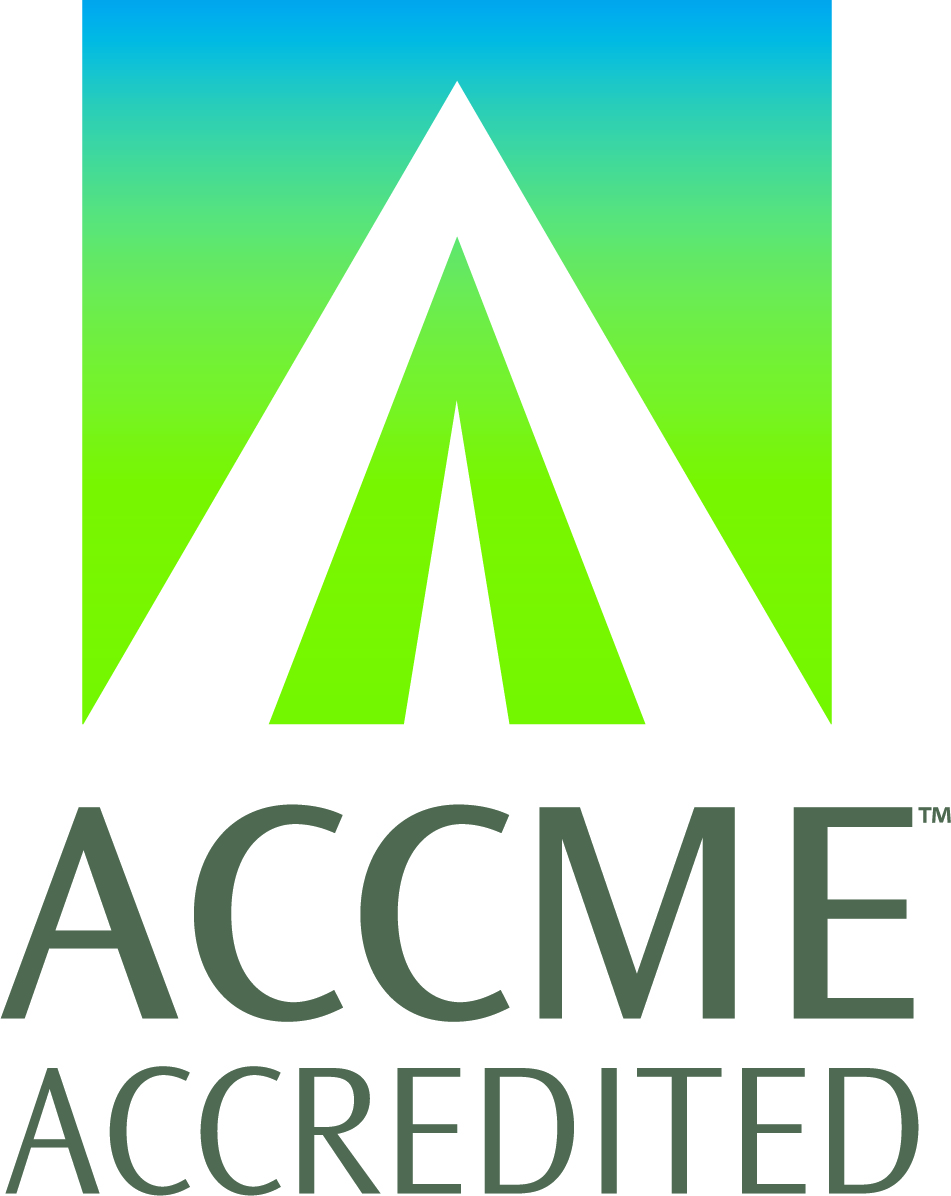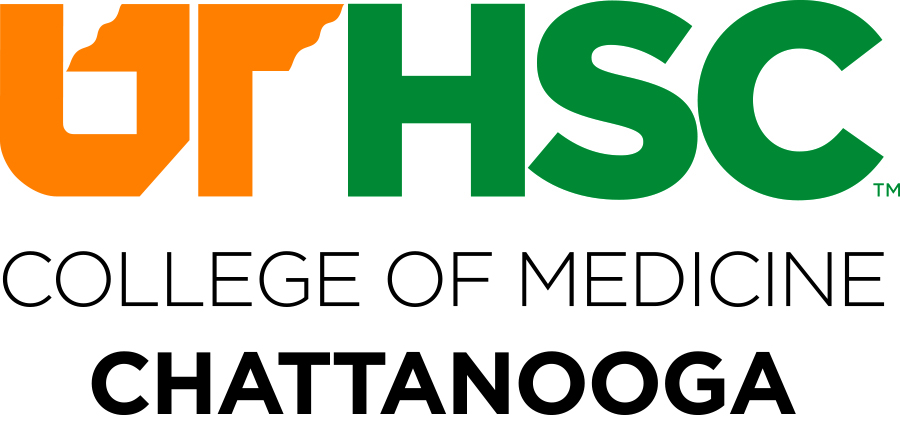
9069: Prescribing Controlled Drugs - Minimizing the Risks (All Other States)
This course expires on 12/31/2021 and will no longer be accessible for completion after that date.
Course Description
The opioid crisis continues to be a top concern among lawmakers, healthcare providers and the public. This course addresses key concepts including inappropriate prescribing, recognizing addiction and the science of pain control. This course discusses strategies to decrease risk when managing pain by utilizing CDC Guidelines and employing available tools. Many topics are covered starting with the contributing factors that caused the increase in overprescribing of opioids, the end result of overprescribing, the responses taken to mitigate inappropriate prescribing and the proper prescribing for acute and chronic pain. Clinical vignettes are incorporated to emphasize learning points.
Learning Objectives
- Identify risk factors when prescribing controlled drugs
- Understand the craving-addicted-brain and substance use disorders
- Utilize the CDC Chronic Pain Guidelines
- Develop effective communication tools including informed consent when prescribing controlled substances
Course Format
This course is an online video option. It consists of video modules, and each module is followed by a test.
Credit Awarded
- 2 hours of mandatory controlled substances CME credit for physicians and other prescribers (excluding Tennessee)
- 10% Premium Credit for Physician Policyholders
- Certificate of Participation for Non-Physicians
- MOC available for ABA, ABIM, ABO, ABOHNS, ABPath, & ABP
Maintenance of Certification
Successful completion of this CME activity, which includes participation in the evaluation component, enables the participant to earn up to:
- 2 Lifelong Learning (accredited CME) and Patient Safety MOCA® points in the American Board of Anesthesiology’s (ABA) Maintenance of Certification in AnesthesiologyTM (MOCA®) program; and
- 2 Medical Knowledge (Part II) MOC Points and Patient Safety MOC points in the American Board of Internal Medicine's (ABIM) Maintenance of Certification (MOC) program; and
- 2 Lifelong Learning (accredited CME), and/or Self-Assessment (Part II) and/or Improvement in Medical Practice (Part IV) and Patient Safety MOC points in the American Board of Ophthalmology’s (ABO) Maintenance of Certification (MOC) program; and
- 2 Self-Assessment (Part II) and/or Improvement in Medical Practice (Part IV) and Patient Safety MOC points in the American Board of Otolaryngology Head & Neck Surgery’s (ABOHNS) Maintenance of Certification (MOC) program; and
- 2 Lifelong Learning & Self-Assessment (Part II) MOC points in the American Board of Pediatrics’ (ABP) Maintenance of Certification (MOC) program; and
- 2 Lifelong Learning (accredited CME), Self-Assessment Module (SAM; Part II), and Improvement in Medical Practice (Part IV) MOC points in the American Board of Pathology’s (ABPath) Maintenance of Certification (MOC) program.
It is the CME activity provider's responsibility to submit participant completion information to ACCME for the purpose of granting ABA, ABIM, ABO, ABOHNS, ABP & ABPath MOC credit.
Speaker
Michael Baron, MD, MPH, FASAM
CME Information
Accreditation: This activity has been planned and implemented in accordance with the Essential Areas and policies of the Accreditation Council for Continuing Medical Education (ACCME) through the joint providership of the University of Tennessee College of Medicine (UTCOM) and SVMIC. The UTCOM is accredited by the ACCME to provide continuing medical education for physicians.
AMA Credit Designation: The UTCOM designates this enduring material for a maximum of 2.0 AMA PRA Category 1 Credit(s)TM. Physicians should claim only the credit commensurate with the extent of their participation in the activity.
AAFP: The AAFP has reviewed Prescribing Controlled Drugs: Minimizing the Risks and deemed it acceptable for up to 2.00 Enduring Materials, Self-Study AAFP Prescribed credit. Term of Approval is from 01/01/2021 to 12/31/2021. Physicians should claim only the credit commensurate with the extent of their participation in the activity.
TNA: This continuing nursing education activity was approved by the Tennessee Nurses Association, an accredited approver by the American Nurses Credentialing Center’s Commission on Accreditation.
AOA: This program is eligible for two (2) credit hours in Category 2-B of the Continuing Medical Education Program of the American Osteopathic Association. Physicians will need to submit a letter of completion from the University of Tennessee directly to the AOA to receive CME credits.
Continuing Education for Non-Physicians: The UTCOM will issue Certificates of Participation to non-physicians for participating in this activity and designates it for CEUs using the national standard that 1 hour of educational instruction is awarded .1 CEU.
This activity was reviewed on March 25, 2020. This activity was released on April 1, 2020 and will expire on December 31, 2021. SVMIC will not process any completions after December 31, 2021.


CME Disclosures
No commercial support was received for this activity. No speakers plan to discuss off-label use. No planners or speakers have relevant financial relationships to disclose.
Available Credit
- 2.00 AMA CME
- 2.00 Attendance

 Facebook
Facebook X
X LinkedIn
LinkedIn Forward
Forward